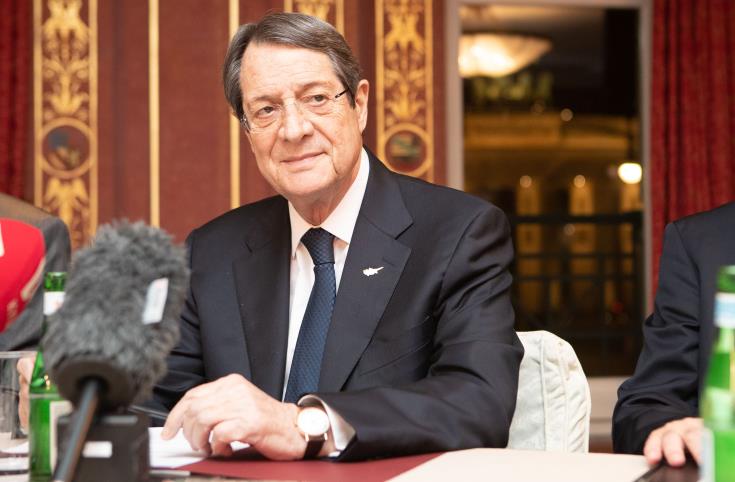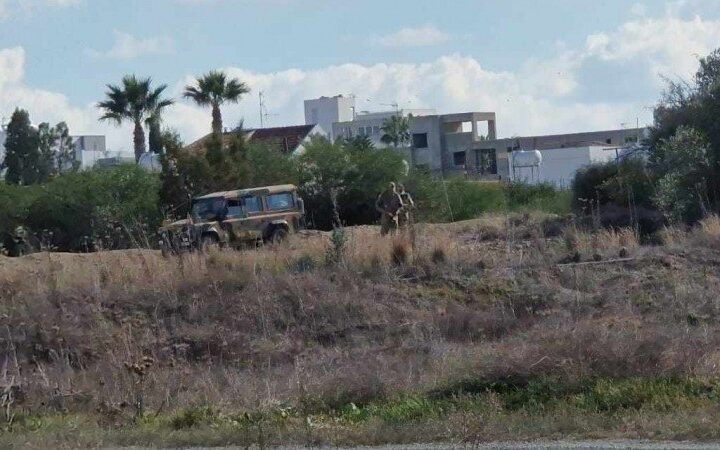Nicosia has urged Brussels to take immediate action to buffer Turkish aggression in the region as tensions escalate while criticising Germany for muddying the waters.
Cyprus President Nicos Anastasiades called on the EU to “reinforce its actions against Turkey’s aggressive stance”.
In an interview with the Greek TV channel “Open”, Anastasiades argued the EU must not stay on the sidelines, simply watching Turkish aggressiveness in the region.
He suggested the 27-member bloc assumes a more active role in the region which would reinforce the EU’s credibility on the international stage.
This is what was conveyed to the EU’s foreign policy chief Josep Borrell when he visited Nicosia last week.
“I said to Mr Borrell that instead of being subjected to Erdogan’s blackmailing, the EU should react by reinforcing the Greek and Cypriot borders, which are also European ones.
That is what we are demanding and I hope that in the next European Council we will have more tangible results,” Anastasiades said.
He said France’s Emmanuel Macron’s stance towards Turkey creates hope while criticizing Germany for complicating the establishment of a single European position against Turkish provocativeness.
“I am aware that one submarine, plus six more, are being constructed in Turkey with German help. Has Germany ever wondered what it is breeding?
Are economic interests enough, in order to overlook the negative consequences against important EU states?”
Anastasiades underlined that Turkey must realize it cannot violate international law on a whim while stressing that Cyprus has repeatedly urged Turkey to jointly appeal to an International Court to settle their bilateral differences.
“If they are convinced that they are right, why not recourse to an International Court for implementing International Law?”
The Cypriot President said that Turkey has gone “beyond the acceptable limits” as a state that is a candidate for accession to the EU.
He argued that the implementation of International Law and using diplomatic means are far more effective than the militarization of bilateral differences. (source CNA)










